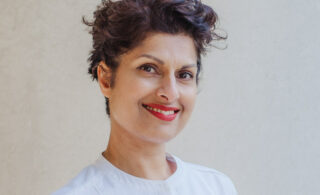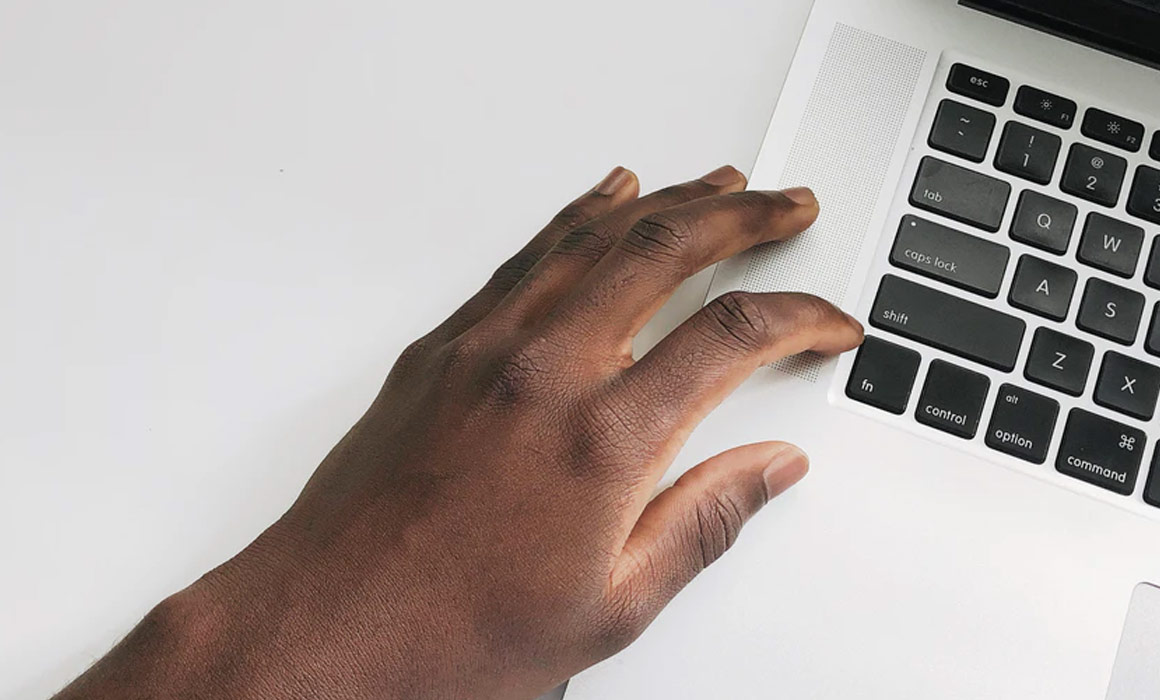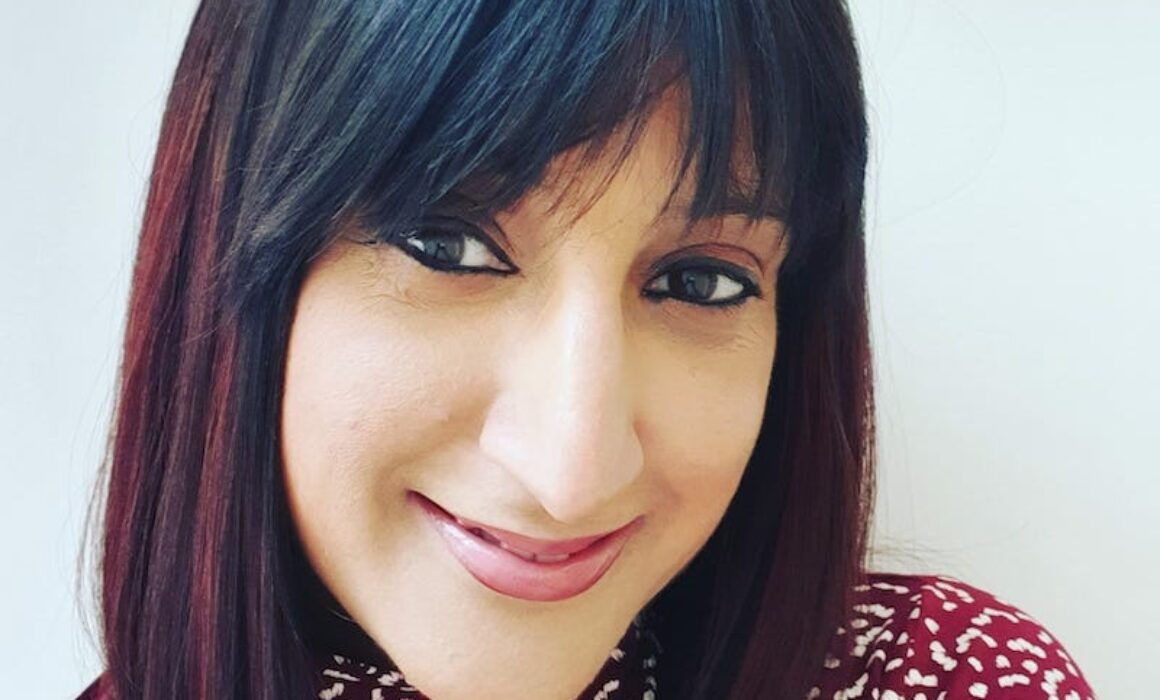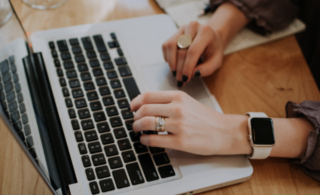
TRIGGER WARNING: THIS ARTICLE DISCUSSES SECONDARY BREAST CANCER
Teena Gill, 48, from Harrow, works for Savills as an Operations Director. Here, she explains why continuing with her job has been beneficial for her mental health and wellbeing
Working after my primary cancer diagnosis
I was diagnosed with breast cancer in the middle of the pandemic, in 2020. At the time, I was quite private about it. I chose to continue working throughout my treatment – work gave me a sense of purpose and motivation, an extra reason to get out of bed when I really didn’t feel like it. While HR and a handful of colleagues knew, I didn’t make my diagnosis public knowledge. At the time, we had switched to working from home, so being behind a screen made me feel protected. For example, I didn’t have to worry about whether people could tell that I had lost my hair and was wearing a wig.
Working with secondary breast cancer
However, in 2022, my cancer came back, and I am now living with secondary cancer, which has spread to my bones and spine. When the cancer returned, I decided it was no longer realistic to keep it to myself so I decided to be open and upfront.
As a manager, I told my team individually and let them know they were welcome to ask me any questions. I was worried that it would be awkward and that they would treat me differently but I’ve been so lucky. They’ve been nothing but supportive in the best possible way.
My current situation is that I have scans every three months to see if, and how, my cancer is progressing, and then I update HR. Fortunately, I’ve always felt that I’m the one leading the conversation around how work is going – what I can do, and what I can’t. Every individual is different and I think it’s key that employers let the person decide what works best for them. Employers shouldn’t assume anything because every individual going through cancer experiences it differently.

Having something to focus on
For me, it’s been healthy to have something else to focus on, and to feel connected to the person I was before cancer. You can get so drawn into the cancer world that it’s easy to forget there’s another world beyond. I like still being part of that other world – working as a team, using my skills and being part of something bigger. A cancer diagnosis and treatment is traumatic so it’s been important for me to feel like I still have control of other areas of my life.
I also think that by continuing to show up through work, I’m playing a small part in changing people’s perceptions. People sometimes hear the word ‘cancer’ and assume it’s a death sentence, but that is so far from the truth. I really want to help educate employers to realise that a cancer diagnosis doesn’t change someone as a person, and it doesn’t change their abilities or their competence. The only change is that now they have to navigate cancer on top of everything else. I’m very open about my diagnosis, and if that helps or educates just one person, it’s a win.
Setting boundaries at work
When it comes to managing stress and work, it’s amazing how a cancer diagnosis can make you much better at drawing boundaries. I’ve always been career-driven and I’ve always pushed myself to achieve but these days, I don’t take on more than I can manage alongside my hospital appointments and treatment. I have a fantastic team, who help to ease the pressure on me, and I enjoy the work we have in front of us. In that sense, I feel very lucky.
Teena’s advice for those returning to work after taking time awat for cancer treatment:
- Be your own advocate. Speak up for yourself and be honest and open about what you can and can’t do, and what adjustments or flexibility you might need.
- Some colleagues might not know what to say when you tell them, and that’s OK.
- Be kind to yourself. ‘Scanxiety’ is very real, so in the run up to one of my scans, I take a step back and try to be kind to myself.
- If you feel comfortable doing so, share your story. You never know the impact it might have on someone, now or in the future.

Further information
Future Dreams hold a range of support groups, classes, workshops and events to help you and your carers during your breast cancer diagnosis. These are held both online and in person at the London-based Future Dreams House. To see what’s on offer and to book your place, see here.
To return to the homepage of our Information Hub, click here . You can access more helpful information, practical advice, personal stories and more.
Reviewed July 2024
Unless otherwise specified, the information and content provided on this page has been written from a patient’s perspective then reviewed by (1) a breast care nurse and (2) Liz O’Riordan, (breast surgeon, co-author of best-selling ‘The Complete Guide to Breast Cancer: How to Feel Empowered and Take Control’ and speaker) and it is intended for information and educational purposes only. It is not intended to substitute for professional medical advice. Please contact your medical team for advice on anything covered in this article and/or in relation to your personal situation. The links and/or recommendations in this article to third-party resources are for your information and we take no responsibility for the content contained in those third-party resources.
Share

Support awareness research
Donate to those touched by BREAST cancer
Sylvie and Danielle began Future Dreams with just £100 in 2008. They believed nobody should face breast cancer alone. Their legacy lives on in Future Dreams House. We couldn’t continue to fund support services for those touched by breast cancer, raise awareness of breast cancer and promote early diagnosis and advance research into secondary breast cancer without your help. Please consider partnering with us or making a donation.


